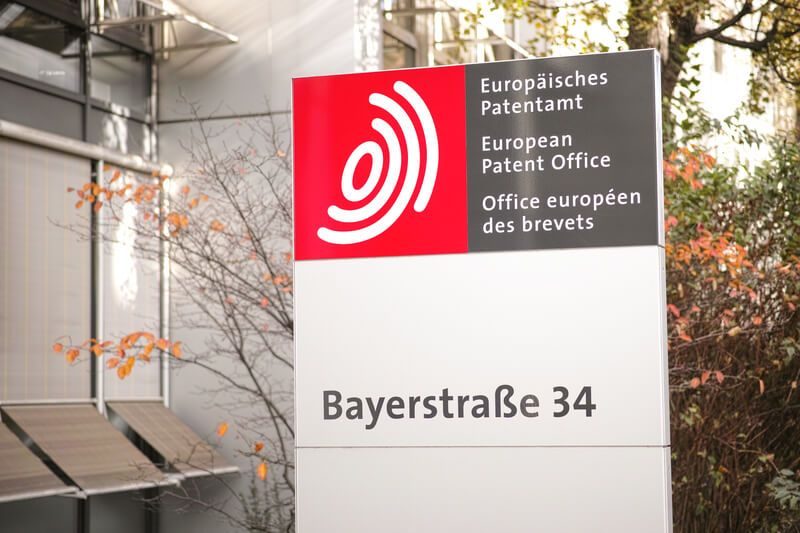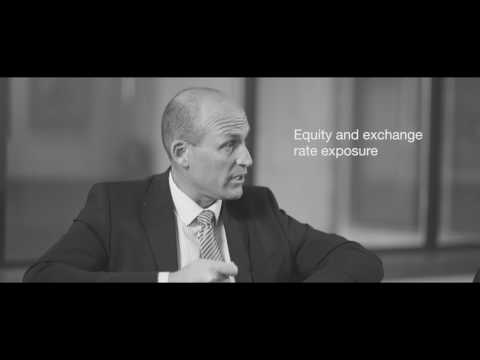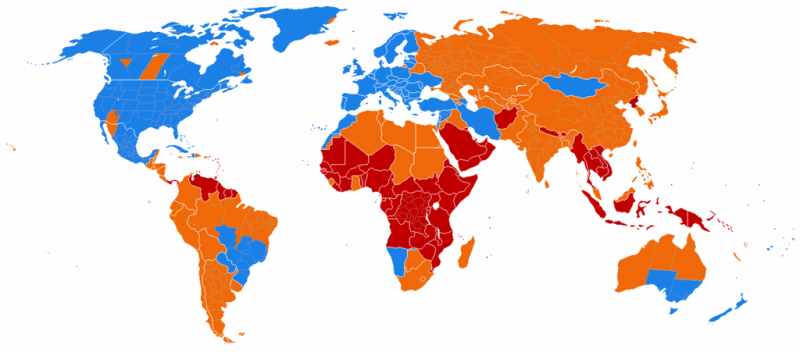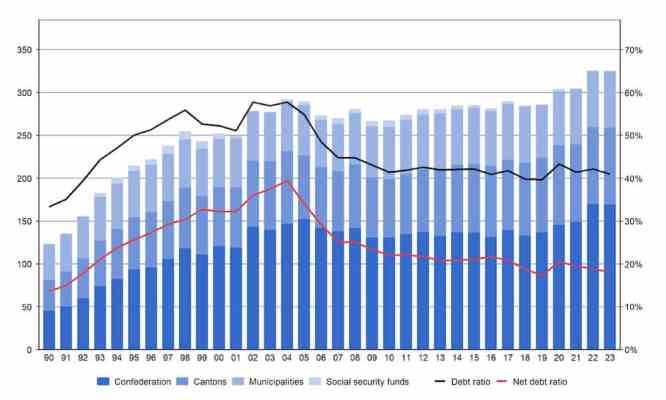Category Archive: 3.) Investec
Swiss score highest number of patents per capita. Again.
According to the European Patents Office (EPO), once again Switzerland topped the per capita patents ranking in 2016, with 892 applications per million inhabitants. Second and third places went to the Netherlands (405) and Sweden (360), followed by Denmark (334) and Finland (331). The first non-European country was Japan in ninth place (166), well above the EU average of 122.
Read More »
Read More »
IDX Futures with Simon Brown and Richard Swain
Simon Brown talks to Richard Swain from Investec about IDX Futures – a simple mechanism to access and trade international shares. Find out more about IDX Futures on our website: http://www.Investec.co.za/IDX
Read More »
Read More »
Switzerland ranked best country despite relatively low GDP per capita
In a new ranking by US News, Switzerland is described as a nation with cultural contributions disproportionate to its small size. Swiss citizens have won more Nobel Prizes and registered more patents per capita than any other nation.
Read More »
Read More »
Switzerland ranked world’s worst currency manipulator
The Economist magazine placed Switzerland first in a recent ranking of currency manipulators. According to the analysis, China, commonly thought of as the world’s champion at keeping its currency’s value artificially low, appears to be doing the opposite: actively trying to push the value of its currency up. On the other hand, Switzerland that has been working hardest to artificially devalue its money.
Read More »
Read More »
Sender must now pay Swiss Post for customs checks
Currently, anyone ordering something from outside Switzerland, must pay Swiss Post an administrative charge if their package attracts import tax (duty and/or VAT). In addition, they must pay Swiss Post an additional CHF 13 if the parcel needs to be opened, usually because the package has been poorly labelled.
Read More »
Read More »
Government stops tax rises on Swiss cigarettes
Swiss cigarette prices will not rise over the coming years unless manufacturers increase the underlying price. On Tuesday, Switzerland’s Council of States (upper house), withheld permission to allow the Federal Council (cabinet) to continue hiking the tax on smokes.
Read More »
Read More »
Swiss government drops plan to restrict lobbyists’ access to parliament
One year after Switzerland’s Council of States (upper house) voted in favour of controlling lobbyists’ access to parliament, the draft proposed implementation plan has been rejected by the commission in charge of it.
Read More »
Read More »
46 percent of Swiss industrial companies considering relocating operations abroad
After a very difficult year in 2015, the Swiss mechanical and electrical engineering industries (MEM) started to recover in 2016, with new orders rising by 9.5%. At the same time 23% of the industry made a loss on the back of high costs and a 1.8% drop in sales, says the industry association Swiss MEM.
Read More »
Read More »
Uncertainty and concern follow voter rejection of Switzerland’s company tax reform
Speaking to Tribune de Genève, Serge Dal Busco, Geneva’s minister of finance, voiced his concerns about last Sunday’s rejection of Switzerland’s planned company tax reform. At the same time he remains optimistic about the chances of a new federal corporate tax reform project.
Read More »
Read More »
Swiss unemployment rises. French-speaking cantons worst affected.
The unemployment rate across Switzerland climbed by 0.2% to 3.7% in January, and regional differences were clear. Across French and Italian-speaking cantons the rate averaged 5%, while across the German-speaking cantons it was 3.1%.
Read More »
Read More »
Angry Politics: How angry voters can impact investments | Andrew Summers | Vision 2017
Andrew Summers, Head of Collectives at Investec Wealth & Investment, discusses his views about the rise of ‘Angry Politics’ and what it means for investing. The article was originally published in Vision 2017, highlighting the thoughts of our Research Team, detailing some of the key investment themes they feel will be prevalent in 2017. Download …
Read More »
Read More »
Smart Buildings: Tech Towers | John Haynes, Head of Research | Vision 2017
John Haynes, Head of Research at Investec Wealth & Investment, discusses his views on the advancements seen not only in building materials, but the technology that manages the building. The article was originally published in Vision 2017, highlighting the thoughts of our Research Team, detailing some of the key investment themes they feel will be …
Read More »
Read More »
Regime Change | Investment Insight from John Haynes, Head of Research | Vision 2017
John Haynes, Head of Research at Investec Wealth & Investment, discusses the end of the 35-year bull market seen by bonds. The article was originally published in Vision 2017, highlighting the thoughts of our Research Team, detailing some of the key investment themes they feel will be prevalent in 2017. Download the full Vision 2017 …
Read More »
Read More »
Share Raising & The Sharing Economy | Ben Thomas, Research Analyst | Vision 2017
Ben Thomas, Research Analyst at Investec Wealth & Investment, discusses his views about the meteoric rise in popularity of the sharing economy, and how Airbnb and Uber have impacted the economy. The article was originally published in Vision 2017, highlighting the thoughts of our Research Team, detailing some of the key investment themes they feel …
Read More »
Read More »
Gene Editing: A Disruptive Technology | Jimmy Muchechetere, Research Analyst | Vision 2017
Jimmy Muchechetere, Research Analyst at Investec Wealth & Investment, discusses his views about the latest medical advancement; gene editing. The article was originally published in Vision 2017, highlighting the thoughts of our Research Team, detailing some of the key investment themes they feel will be prevalent in 2017. Download the full Vision 2017 eBook for …
Read More »
Read More »
The Rise of the Robojob | Simon Lapthorne, Senior Research Analyst | Vision 2017
Simon Lapthorne, Senior Research Analyst at Investec Wealth & Investment, discusses the rise of the robojob, and what advances in automation means for the economy. The article was originally published in Vision 2017, highlighting the thoughts of our Research Team, detailing some of the key investment themes they feel will be prevalent in 2017. Download …
Read More »
Read More »
Business of Sport: A Commercial Behemoth | Shilen Shah, Bond Strategist | Vision 2017
Shilen Shah, Bond Strategist at Investec Wealth & Investment, discusses his views about sport’s transition from grass roots to commercial behemoth. The article was originally published in Vision 2017, highlighting the thoughts of our Research Team, detailing some of the key investment themes they feel will be prevalent in 2017. Download the full Vision 2017 …
Read More »
Read More »
Swiss Might Drop Daylight Savings
Switzerland could drop daylight savings. Currently, Switzerland’s Federal Council sees no reason to abandon it, however if Switzerland’s neighbours did it would follow, mainly for economic reasons said the Federal council. National councilor Yvette Estermann (UDC/SVP), who is fiercely opposed to daylight saving, took the opportunity to point out the negative health consequences of changing the time every six months.
Read More »
Read More »
A Girl Called Dave
See more at https://thestand.investec.co.uk/the-female-lead-a-girl-called-dave/ Call them Dave: at the beginning of 2017, there were more CEOs of that name on the list of the UK’s FTSE 100 companies than female CEOs of any name (five Davids, two Daves and only six women, with Emma Walmsley due to take the top job at GlaxoSmithKline on March …
Read More »
Read More »
Swiss fact: 96 percent of Swiss workers earn 3,000 francs or more a month
A report published by the Swiss Federal Office of statistics, shows that only 4.3% of full-time workers earn less than CHF 3,000 per month. The monthly figure is net of social security deductions, but includes one twelfth of the 13th bonus month typically paid in Switzerland.
Read More »
Read More »


























































